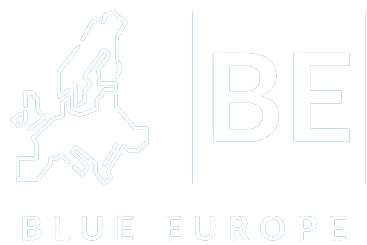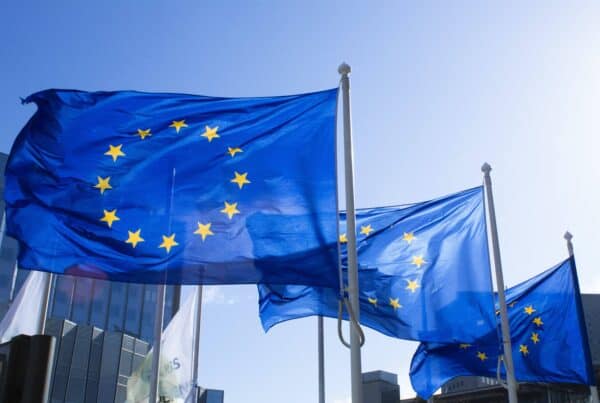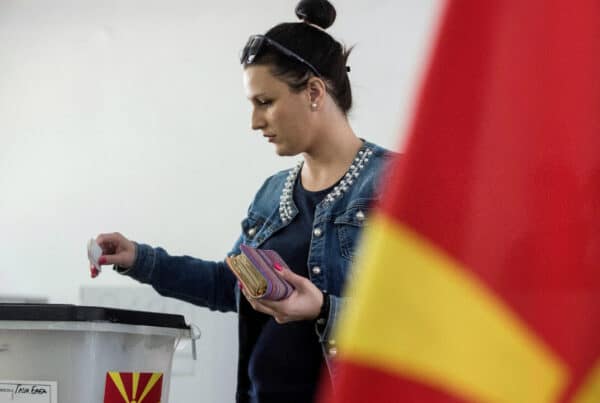We were at this year 2020 Virtual Global Think Tank Summit, hosted by the Brookings Institution and the Think Tanks and Civil Societies Program (TTCSP). The program this is interesting in some parts, and contributors were very good at stressing out some next decade problematics for Think Tanks. However, some contributors opinions, which we do not share, especially as to American politics, need a clear dissociation from us.
This is a good occasion to stress out a few points of our work.
Think tanks are players in a much larger, historical and complex game. As institutions we draw our power (credibility, mandate, legitimacy) from others. In contexts where the one state rules, most think tanks get their mandates from the state (e.g. China). In contexts where elites rule, elites give think tanks their mandates (e.g. the United States). In cases where donors are the big fish in the water, they are the source of their power (e.g. any aid-dependent country). Many think tanks are either pawns or parts of larger actors or systems. They are deliberately or accidentally manipulated by others who are more powerful, or are brought to play a role determined (deliberately or not) by them. None have no positions.
Blue Europe advocates for a renewed and collaboration between Eastern, Central and Western Europe, for which we work on all subjects related to law and economy. Our work is non partisan and focus on benefial relations, including a better knowledge of central and eastern Europe economical issues. This is why Blue Europe is very commited to extreme trasparency and a maximum neutrality on most subjects. We refuse, as such, to take position on political affairs and on thematics outside our reach and common program.
Our credibility therefore is by our work quality. There is only so much think tanks can do in this respect. They can do a good job -they can do a brilliant job even- but being believed, becoming a trusted source of ideas, is ultimately out of their control. If policymakers or the media trust a think tank, this is more likely to be based on their own backgrounds, on the opinions of others, on whether the ideas proposed by the think tank are aligned to those they already believe in, on personal and professional networks, etc.
This is why Blue Europe adds to ideas facts, and fact before feelings or idea. We don’t want any policy participant to be uninformed about critical issues that could affect their judgement : an informed policy is better policy.
The Blue Europe Board , on the 13th of November 2020





